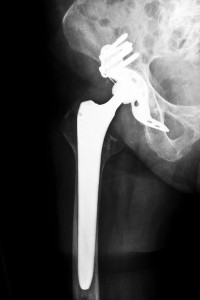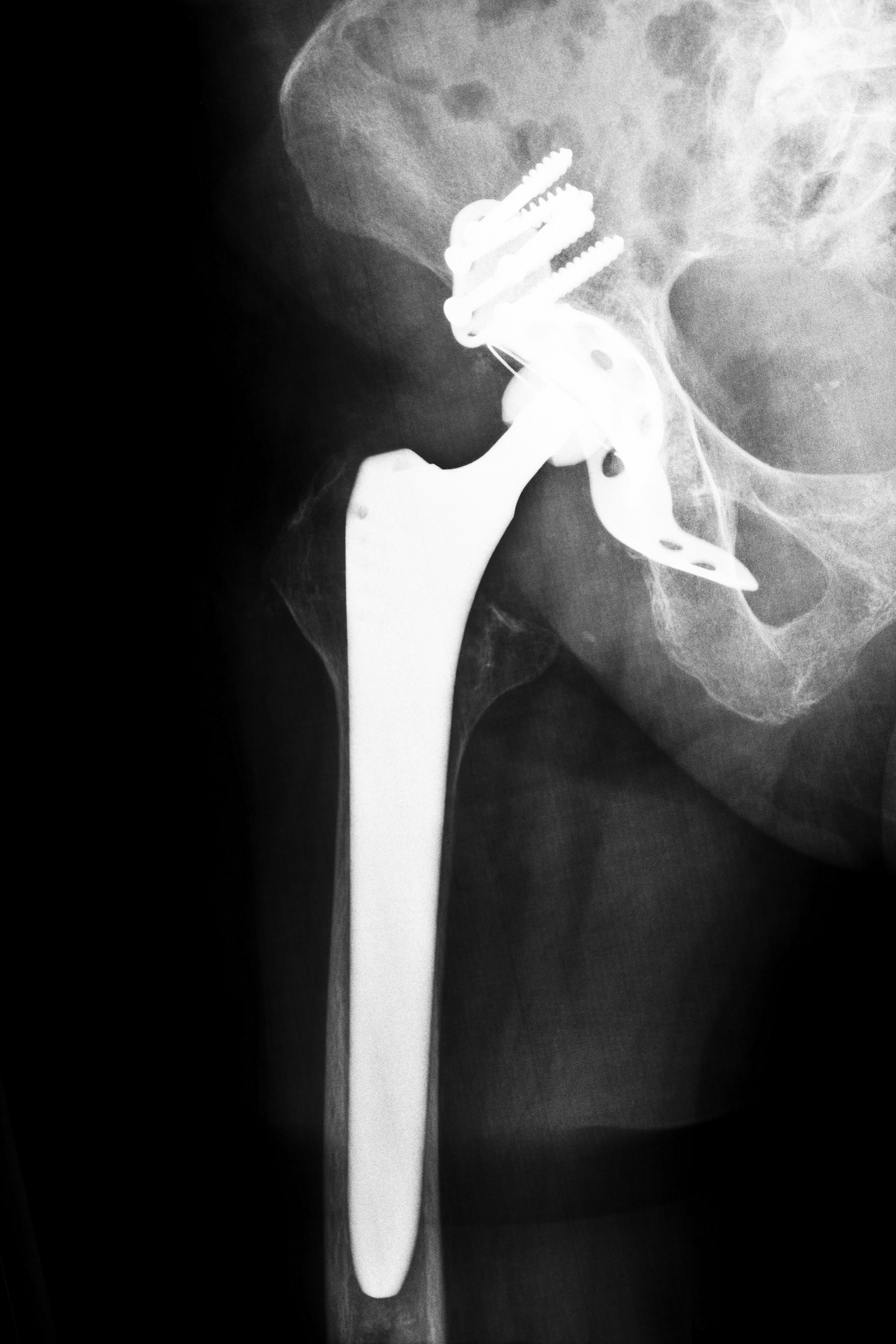The Benefits of a Preemptive Hip MRI Scan
 There has been a lot of buzz surrounding the impact that defective metal-on-metal hip implants have on their recipients. Thousands of Americans have received implants that are failing sooner than expected, causing metal debris to seep into the bloodstream, soft-tissue deterioration, osteolysis, and other serious health issues.A recent study has revealed a way for implant recipients to potentially discover whether or not their implant is defective. Between joints there is a substance known as “synovial fluid” that acts as a lubricant. By performing a hip MRI (magnetic resonance imaging) of the hip joint area, the amount of this fluid present in the area of the metal components can be measured.
There has been a lot of buzz surrounding the impact that defective metal-on-metal hip implants have on their recipients. Thousands of Americans have received implants that are failing sooner than expected, causing metal debris to seep into the bloodstream, soft-tissue deterioration, osteolysis, and other serious health issues.A recent study has revealed a way for implant recipients to potentially discover whether or not their implant is defective. Between joints there is a substance known as “synovial fluid” that acts as a lubricant. By performing a hip MRI (magnetic resonance imaging) of the hip joint area, the amount of this fluid present in the area of the metal components can be measured.
By measuring the amount of synovial fluid with a hip MRI scan, it can be determined whether or not an implant recipient has inflammation of the synovial membrane, known as synovitis. When synovitis occurs, an excess of synovial fluid collects between the joints. This can cause a large amount of pain if left treated.
Calculating the amount of synovial fluid is not yet believed to be a complete indicator that implant recipients will experience adverse effects. Although clear trends have been observed regarding symptomatic and asymptomatic implant recipients and the amount of synovial fluid available between their respective joints, there are still other reasons an excess of synovial fluid can be present. Regardless, hip MRI tests are seen to be a step in the right direction and a pretty clear indicator of whether or not implant recipients are candidates for revision surgery.
Dangers of Defective Metal-on-Metal Hip Implants
Because of the excess of potentially-defective metal-on-metal hip implants released into the open market (including Stryker, DePuy, Wright Conserve, Biomet M2A, and the Zimmer Durom Cup, to name a few), a hip MRI test such as the one mentioned above is very welcome. Since statues of limitations differ from state to state, anyone who receives a deteriorating implant should be aware that their window of opportunity for filing a hip recall lawsuit is only so large, usually between 1 to 6 years. The sooner defective hip implant recipients seek legal assistance by contacting Attorney Group, the sooner they can know if they qualify to file a lawsuit against the respective manufacturers of these devices.






